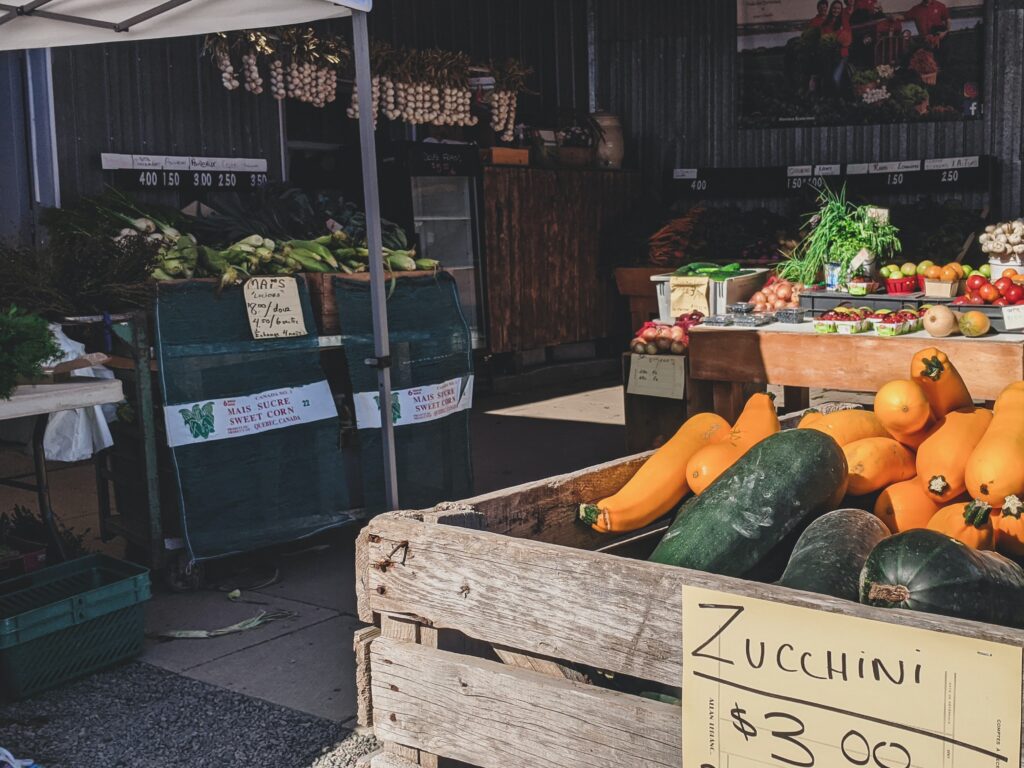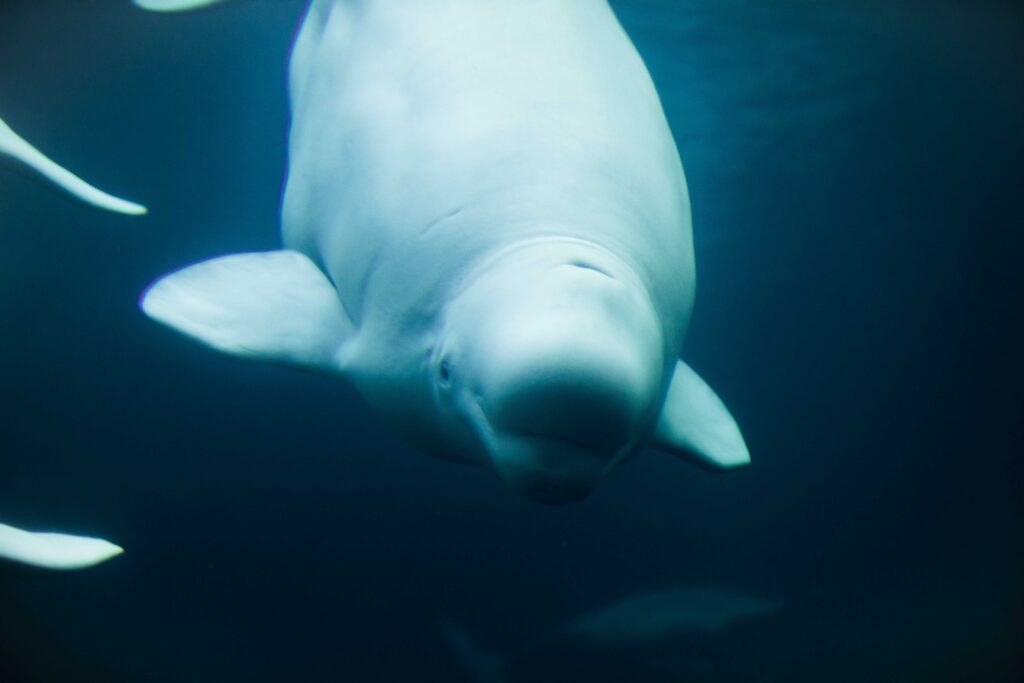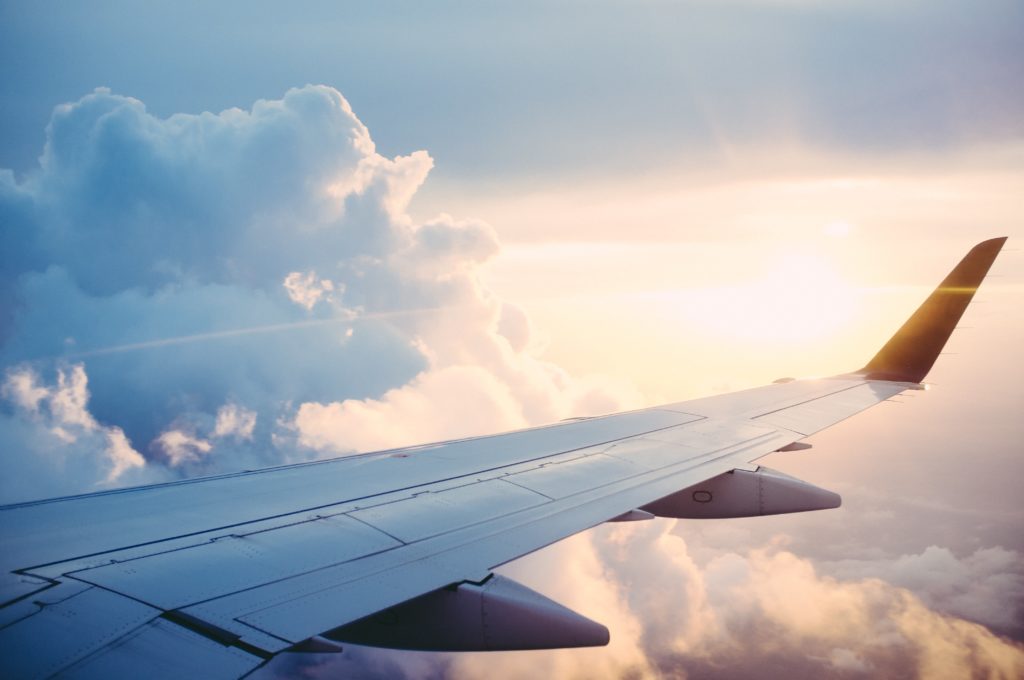
5 responsible initiatives to travel to Canada
First of all, it is good to remember that responsible tourism is a very fashionable term that is connoted “ecological”. However, this is only one part of its definition which is more complex in reality.
In fact, it is a tourism that strives to find a balance between environmental, economic and socio-cultural issues.
If there is no standard definition, it follows several major principles which are solidarity, respect, preservation of the environment and biodiversity.
After the pandemic, tourism has evolved: it must adapt to health standards but also to the demand of travelers. The latter are more inclined to question their tourism practices in order to adapt to climate and societal issues. So how do we advise travelers who are going to Canada?
We thought it might be useful to remind some tips for your travelers, to guide them to travel more responsibly in this country!
RESPECT THE LOCAL POPULATION IN ALL PLACES
First of all, respect for the local people is a must. This includes respecting historical or cultural sites and respecting the laws in force in the territory in question.
It should also be remembered that tourism is present on indigenous territories or environments. It is advisable, in all places, to consider the customs or traditions of these communities.
The First Nations, Inuit and Métis peoples have diverse spiritualities but have in common that they place nature at the heart of their spirituality. Respect for nature and its resources are therefore essential.
They consider that the Earth gives them the resources they need to live and only use those they need, in order to preserve future generations. They are therefore committed not to overexploiting or polluting their environment.
RESPECTING CANADIAN WILDLIFE BY BEING WELL PREPARED
Respect for the animals is also essential. It is advisable to find out beforehand about the animals you wish to observe and their way of life in their wild environment.
It will be important not to disturb them, to limit noise, large movements and not to approach them closely or try to touch them.
Did you know that whale watching is regulated by the law? As a general rule, a boat must not approach within 100m of a cetacean, or 400m if it is a protected species (belugas are one of them). If the mammal approaches by itself, the boat must remain static.
RESPECTING ECOSYSTEMS AND PRESERVING BIODIVERSITY
This point completes the previous one: an ecosystem is a “system formed by an environment and all the species living in it”. Disturbing a single element can disrupt the entire balance.
What can you advise? Simply to throw away your garbage in the right places to avoid pollution and to avoid over saturation of the spaces. Canadians are proud and particularly attached to the natural environment of their country, any ill-intentioned behavior is often reprimanded.
On the other hand, a great vigilance will be required concerning fires. One must be alert and make sure that fires are well extinguished when leaving a place in order to minimize forest fires. During periods of drought, the government may announce restrictions on the use of certain devices, including campfires.

CONSUME LOCAL, THERE’S PLENTY TO DO IN CANADA
We are convinced that local consumption is crucial because it contributes to stimulate the economy.
It is beneficial to buy your souvenirs from small artisans and avoid “Made In China”! And why not try some delicious meals in local restaurants? Choosing to stay in small eco-friendly accommodations is also welcome.
All these actions will contribute to the maintenance, development and resilience of populations. They will continue to offer good hospitality, meals or objects that will benefit future travelers!

OFFSET THE CARBON FOOTPRINT OF YOUR TRIP
Taking part in a trip organized by an environmentally conscious provider who is committed to offsetting carbon emissions is part of responsible good practice.
As far as we’re concerned, the Toundrigo group is a partner in the Carbone Boréal program. This is a research project on global warming and reforestation initiated by the Université du Québec à Chicoutimi (UQAC).
Organizations can calculate their carbon emissions and offset them by planting trees via Carbone Boréal. One of the objectives is to offer clients the carbon compensation of their trip through this organization.
Here is the Carbon Boreal website, which we find very informative!
Ultimately, eco-responsible tourism is multidimensional! It is important to understand the different aspects in order to fully enjoy the experience. This will allow us to perpetuate this destination and to encourage all the actors involved.
The (local) icing on the cake, here are several of our trips that focus on small local providers, eco-responsible. This is particularly important to us, as we place people at the heart of our concerns:
Responsible travel in Quebec ? It’s possible ! This trip highlights eco-responsible accommodation and restaurants, and try to limit car use! It is an ideal itinerary to discover the province of Quebec while limiting your carbon footprint.
- Quebec, between lakes, fjords and river
Discover different parts of Quebec through this itinerary. On the program : authentic activities, local gastronomy, meeting locals and staying in eco-friendly accomodations. An unforgettable slow-tourism experience !
In addition, thanks to the “ToundrigoCare” initiative, employees are involved in daily actions at the office. They’re working towards zero waste, recycling computer equipment and giving it a second life.
Team Toundra !



